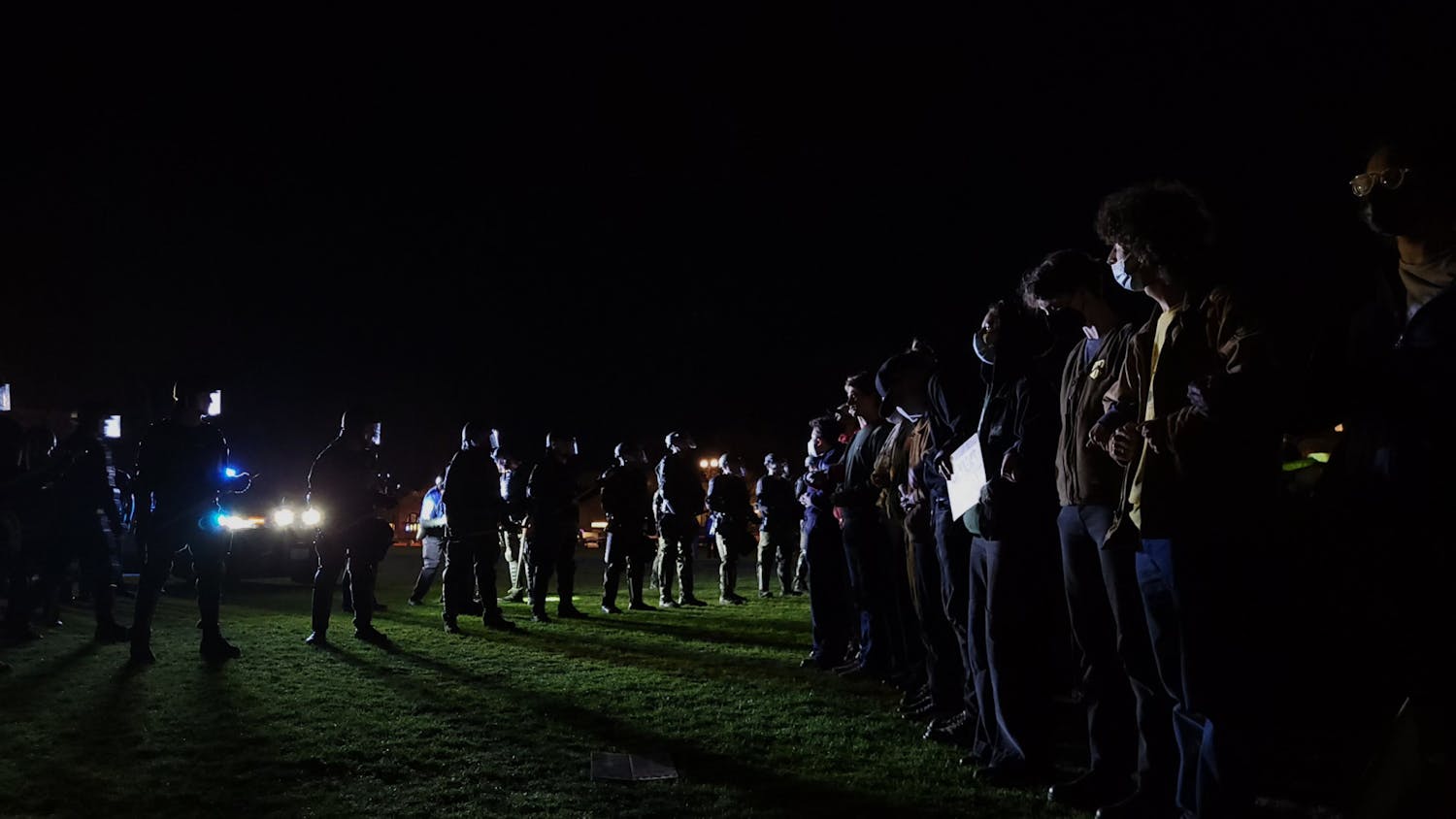The Student Assembly has spent hundreds of dollars and countless hours in an effort to encourage students to boycott Dartmouth Dining Services tomorrow. The effort is pointless.
Several conditions must be met for such a boycott to have any value. It must be likely that some portion of the student body will in fact boycott. The boycott must be aimed at achieving some possible goals. Finally, the accomplishment of these goals must be beneficial to the student body. The boycott planned for Wednesday does not meet any of these criteria.
Students will eat at Dining Services, despite the boycott, for several reasons. There are not many other options. Also, a boycott is a rather extreme action. To boycott, students would have to be convinced that a near emergency exists. To call the state of food at the College an emergency is blatantly false. Reasonable students realize that.
Even students who would not classify a boycott as an "extreme measure" should realize that the aims of the boycott are not achievable by such an action.
The Assembly is in the process of forming a Task Force on Dining Services, according to DDS Director Pete Napolitano. Such a task for ce might, in the long run, bring about positive changes in the way food is sold at the College.
What Napolitano makes clear, however, is that in the short term Dining Services is relatively inflexible. The DDS budget for next year has already been submitted and approved. The next time significant changes could take effect would be September of 1995.
Clearly, the situation does not call for a boycott. A boycott would be suitable in a case where immediate change was both necessary and possible. The slow pace of change in this case merits some other form of action.
This takes for granted that drastic changes are necessary and that their effects would be beneficial. That, as well, is false. Central to the argument for change is the claim that Dining Services is making an exorbitant profit. The Assembly tosses around figures like $100,000.
According to Napolitano, the goal of Dining Services is self-sufficiency. The money that they make over that goes one of two places. Much of it goes to the College in a loose exchange for the services that the College provides to DDS. Those services range from payroll and billing to ice removal from the roof of Thayer. The rest of the extra money goes into a reserve fund to pay for large projects.
If Dining Services had less money to spend then students would feel the loss in services. Perhaps DDS could do away with meal plans. Would this be a good thing if it also entails the closure of one of the eating areas? Maybe DDS could save money by not offering food on weekends.
There are any number of projects the Assembly is working on that deserve the energy of students. A boycott of Dining Services, however, is not one of them. If only the vast amounts of time, energy and money that are being spent on this futile boycott could be redirected toward those more valuable projects.


